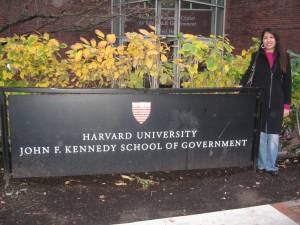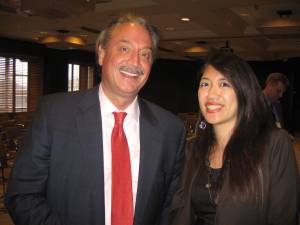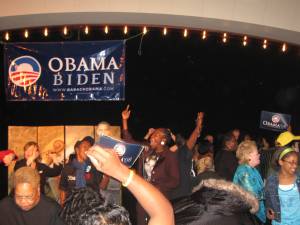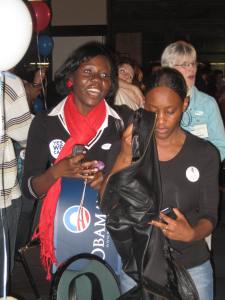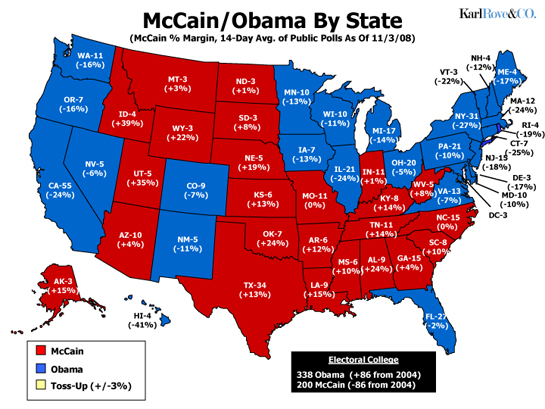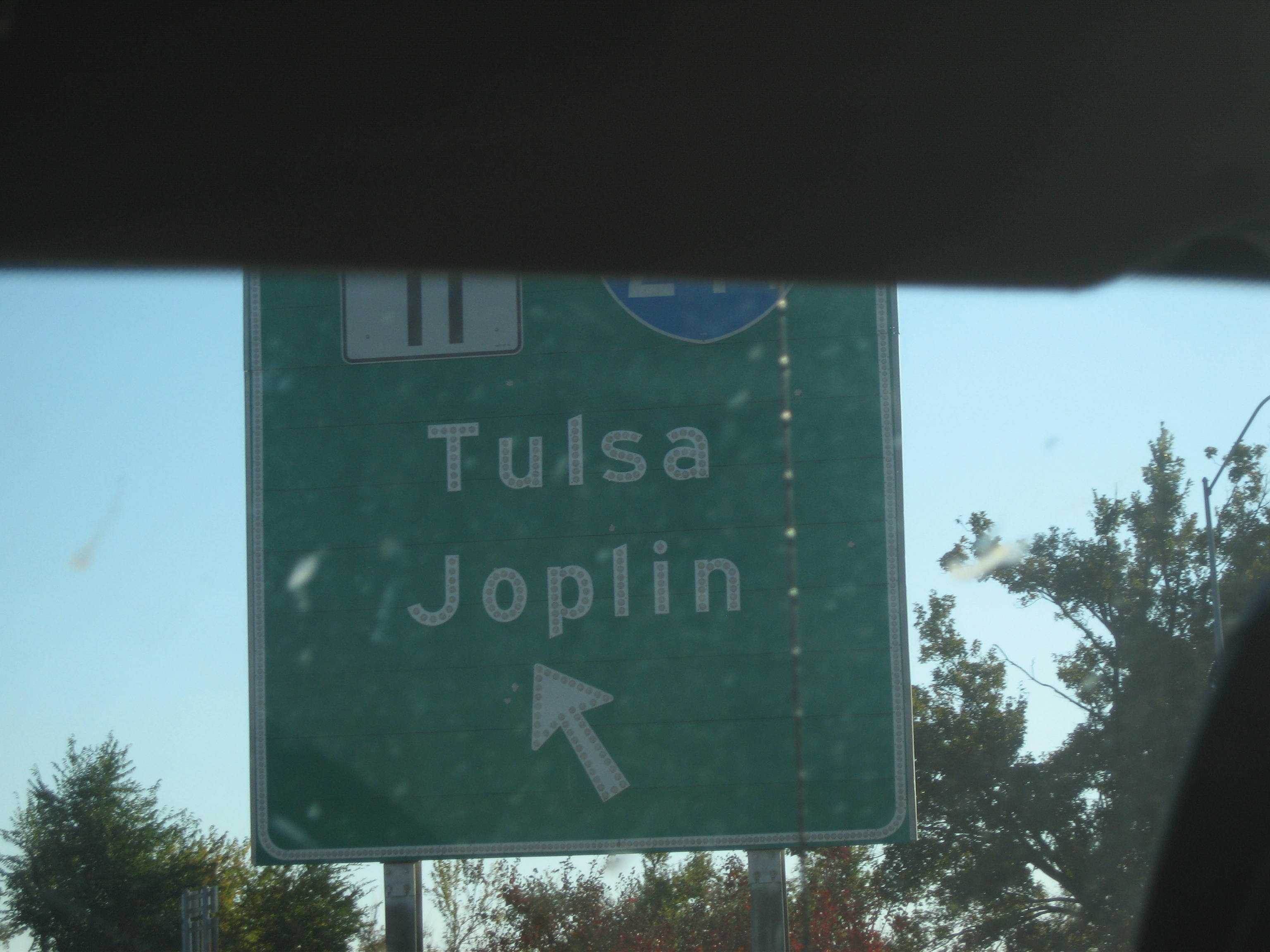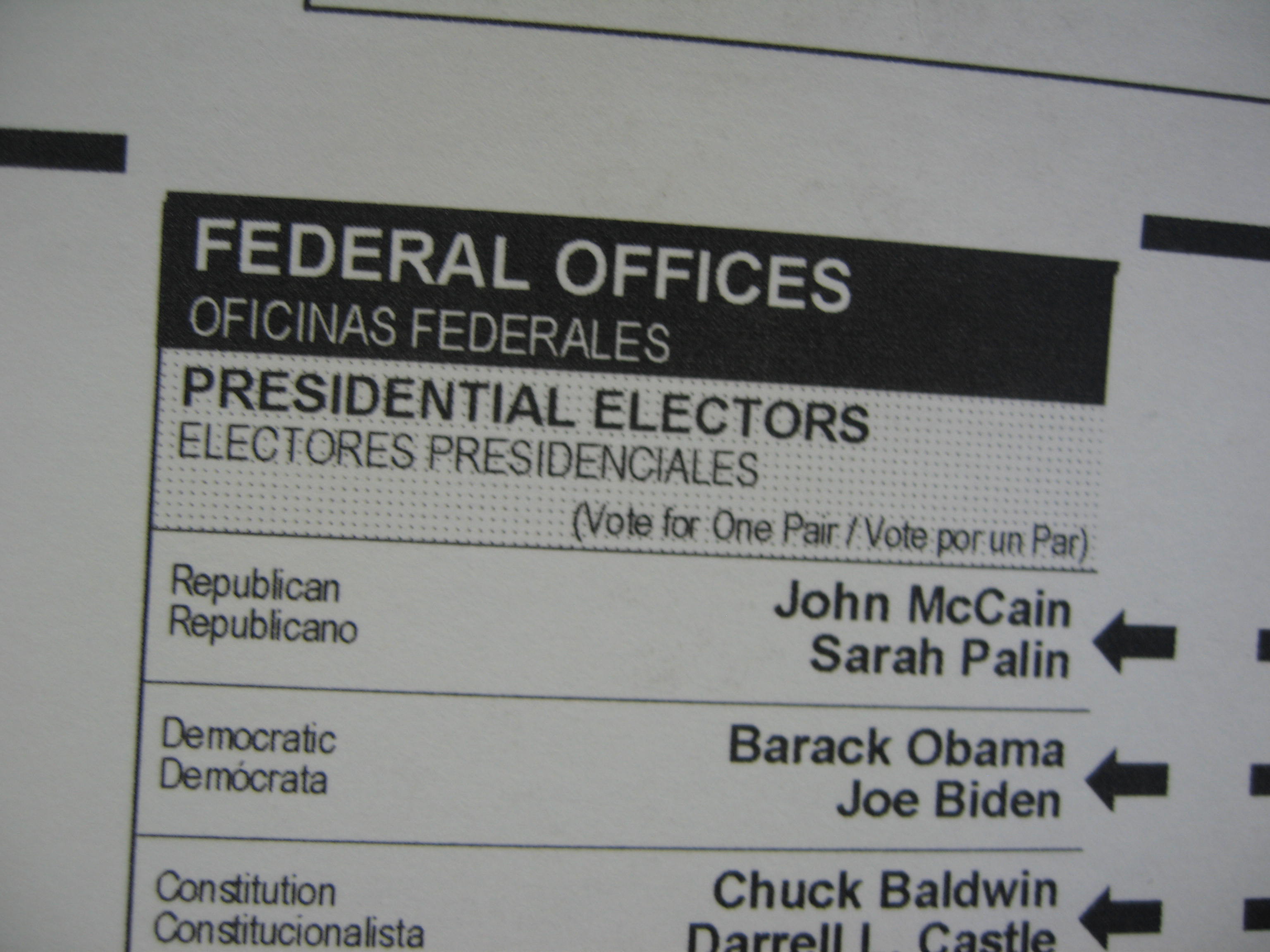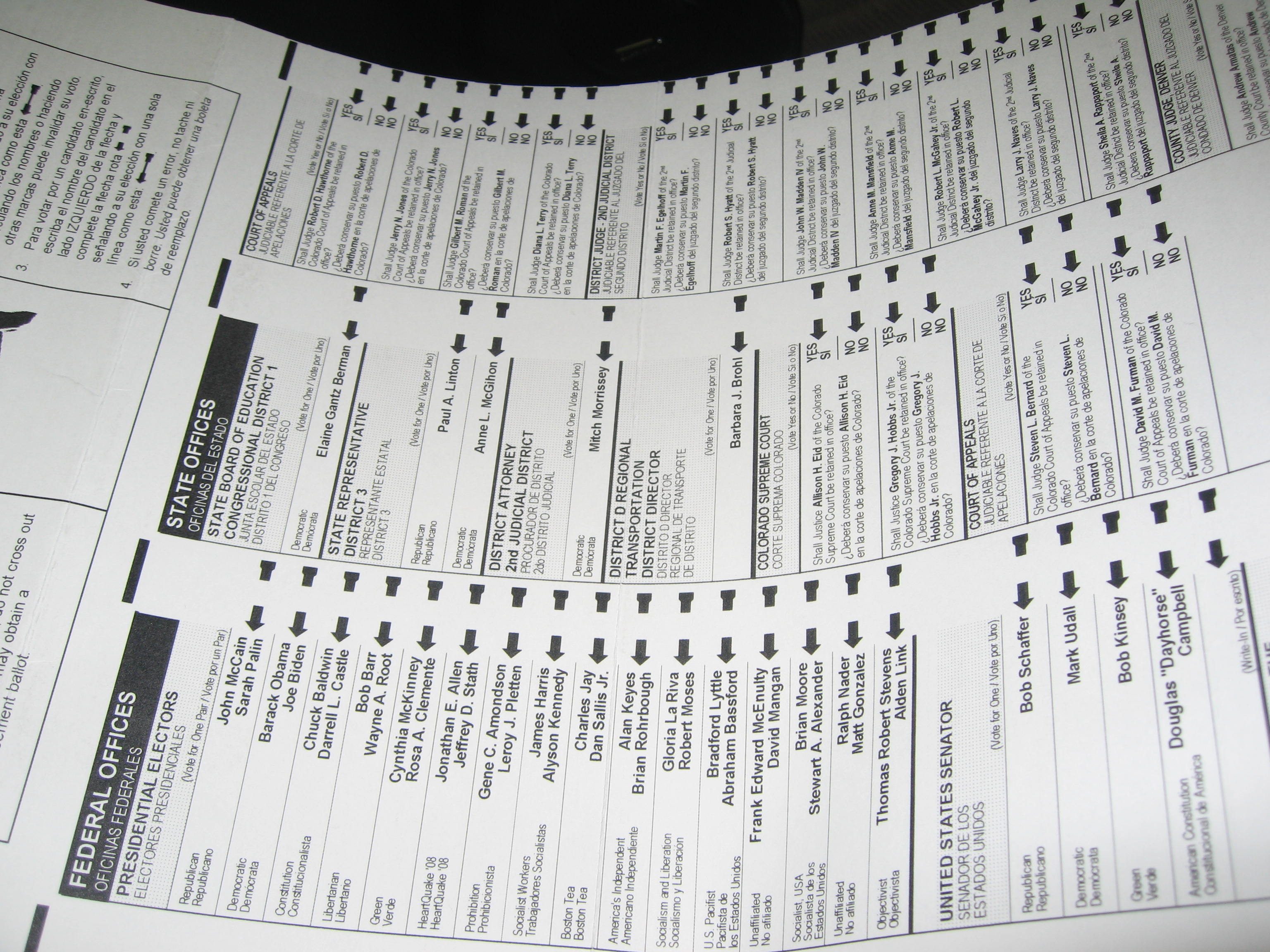Barack Obama is the 44th President Elect of the United States of America. It was rather difficult to contain my excitement and happiness at this outcome, although I am after all supposed to be “independent”. A week ago today (how quickly time flies), the results were flying through the air and all across the US groups of people gathered to celebrate – or sit in resigned silence – the results of the 4th November elections. Friends in Chicago were particularly fortunate to be in the largest city-party to listen to Obama’s acceptance victory speech.
It has been an overwhelming experience for those of us who were part of the I-VOTE (International Visitors Observe The Elections) Programme over the past two weeks. Travelling to four different cities & states, it was the first time I experienced firsthand real America. It is difficult to outline in full the range of experiences, emotions and observations of this valuable time, but suffice to say it was those actual conversations on the ground that counted most. And the thoughtful, vibrant reflection and discussion of these thereafter, with the group of people from all around the world.
These are some of the reflections of a Malaysian girl in big America during its election period:
- Democracy is not a Spectator Sport. Democracy is a value held up in such tremendous esteem in America. Democracy and freedoms are used by both campaigns to craft their respective messages. All citizens seem to naturally detest a particularly strong government, preferring to make decisions from the bottoms-up. They perceive democracy is theirs to claim, and they are reminded of this over and over again. Malaysians don’t experience this to the full, perhaps because we as a nation never had to truly fight for our independence – a fairly bloodless battle to achieve Independence in 1957 – hence don’t claim democracy or freedoms for ourselves. Democracy is not a spectator sport, and everyone participates.
- Freedom is Not Free. Similar to the previous point, it is only when people work on their own freedoms that they can be assured of it. By default, leaders and authorities should be held to a healthy skepticism by their people because – it is precisely because leaders are given certain powers that they can be (and are) abused easily. Americans know this. They exercise their rights to fight for it.
- Dis-United States of America. America is a lot less united than I’d thought – they are a country of numerous “states”, each with their own opinion and system of doing things. There are major splits in society, and some have extreme views. It is truly a diverse country with no “one America”. Multiplicities. Liberals vs. Conservatives, and the differences are very very stark, sometimes scarily so.
- Parallels between US and Malaysia. There are many parallels to be drawn between America and Malaysia, in terms of the extreme bigotry on one end of the spectrum and a more liberal view on the other end. The difference though, is that whilst racism still exists there, there are laws that protect minorities from being discriminated against. There are institutions present, which are strong enough to guarantee against the violations of fundamental human rights. As long as these institutions of a country do not stand up to racism or discrimination, a country is doomed (and its people therein).
- Pedestal Thinking. America, despite many of its citizens’ criticisms of its actions in Iraq and elsewhere, still considers itself to be a country above all countries. Campaign messages (especially on the Republican front) stress on the fact that America has to constantly come from a “position of power” and higher than the rest in many respects. I do hope that Obama’s philosophy and upbringing will slowly change this. If not, then he risks having the American public run his show instead. (like the lapel pin issue, when Americans accused him of not being patriotic enough, earlier on in his campaign).
At the Harvard University’s Kennedy School of Government, there were lessons to be learnt from analysts present. We trooped into the hall to learn about the statistical breakdown of voters and how they voted.
- There were 198,000 poll stations all across the country.
- 20% of the polling booths didn’t have handicapped-abled facilities.
- More than 52% of the vote went to Obama.
- Gay marriage is banned in California (is this a move to the centre right? or how is this juxtaposed against Obama’s win?)
- Obama lost the white vote, by 55-43
- Whites under the age of 30 voted Obama
- Jewish Americans voted for Obama, but not the other religious white.
Alex Castellanos, Media Consultant to the Republican Party – specifically McCain’s campaign – came to speak to us, amongst others. He said that the Republicans didn’t offer a candidate of transformation this year. America in the 1960s was a hippy era, in the 1980s the “me generation”, and then finally in this decade people want their lives to “count for something” – to live a “meaningful life”. Obama eventually had a cause and not a campaign. He successfully built a community of belivers, using certain symbols and rituals through the efficient use of technology to build his campaign.
The interesting question for me though, was whether the Republicans would be moving to the Centre or stay in its Right, on the political spectrum of ideologies. I am reading presently the “Millennium Makeover“, which is an amazing analysis of the next American generation, and how the “Millennials” born between 1982 and 2003 will revolutionise American politics and social consciousness. The YouTube, MySpace generation.

